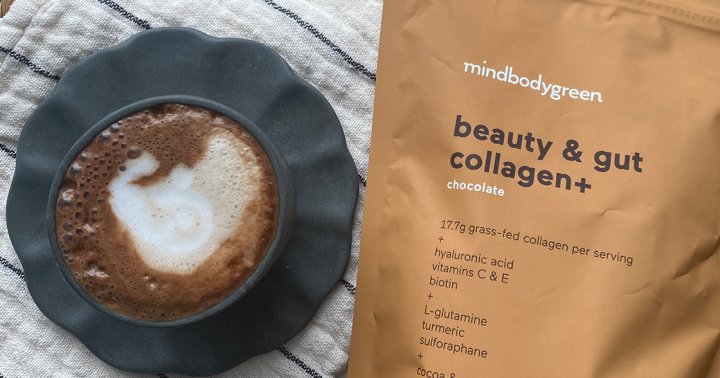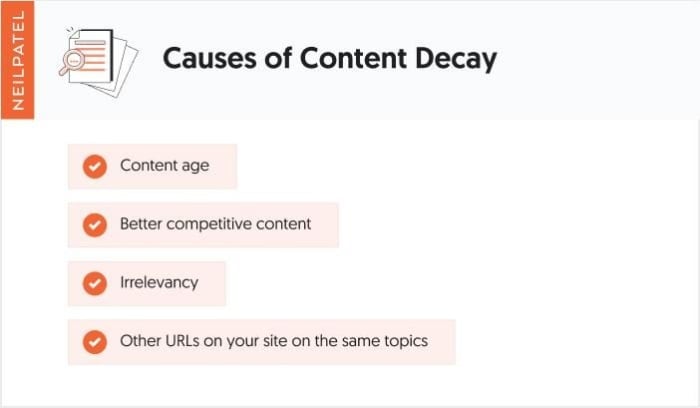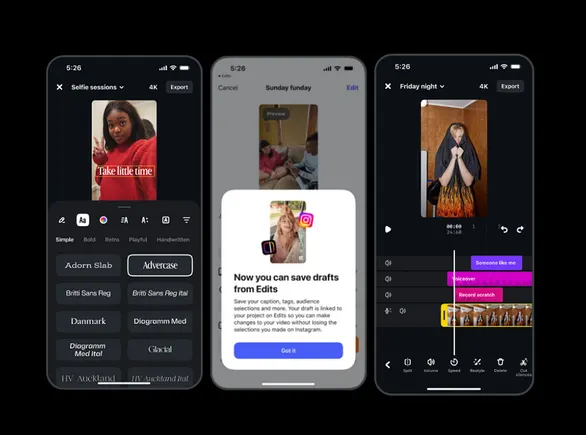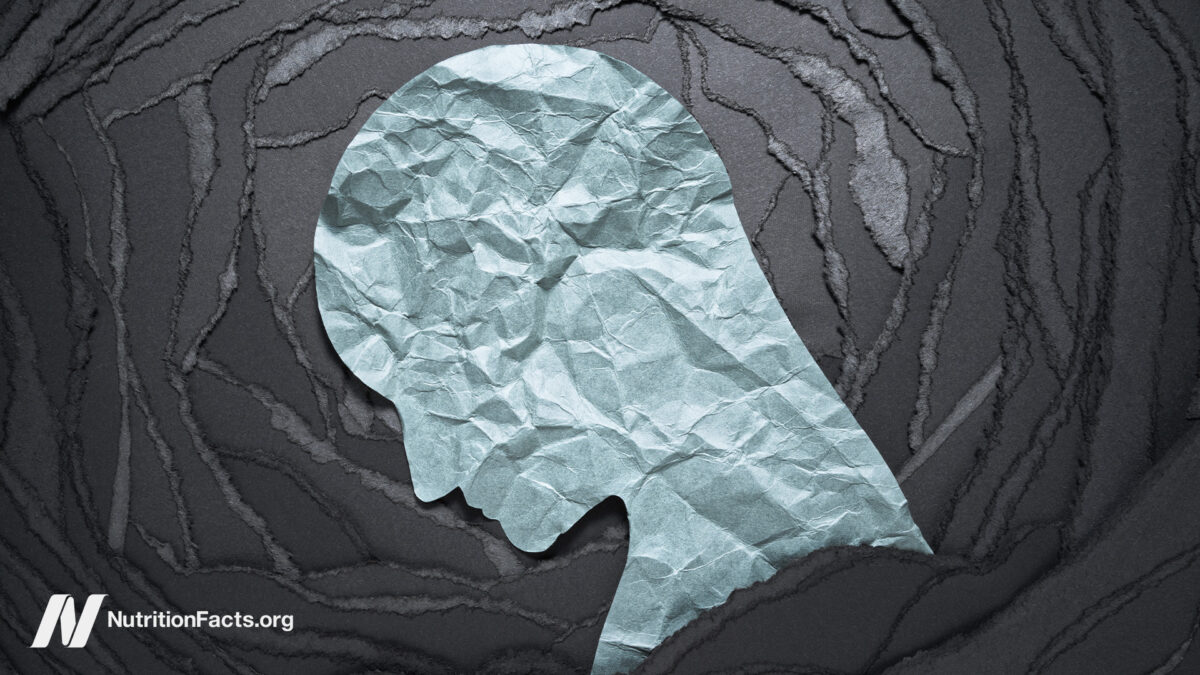On Love, Loss, and Feeling at Home in the World
Author Lorrie Moore and Ann Tashi Slater discuss humor, grief, and how to live—and die—in a world of impermanence. The post On Love, Loss, and Feeling at Home in the World appeared first on Tricycle: The Buddhist Review.
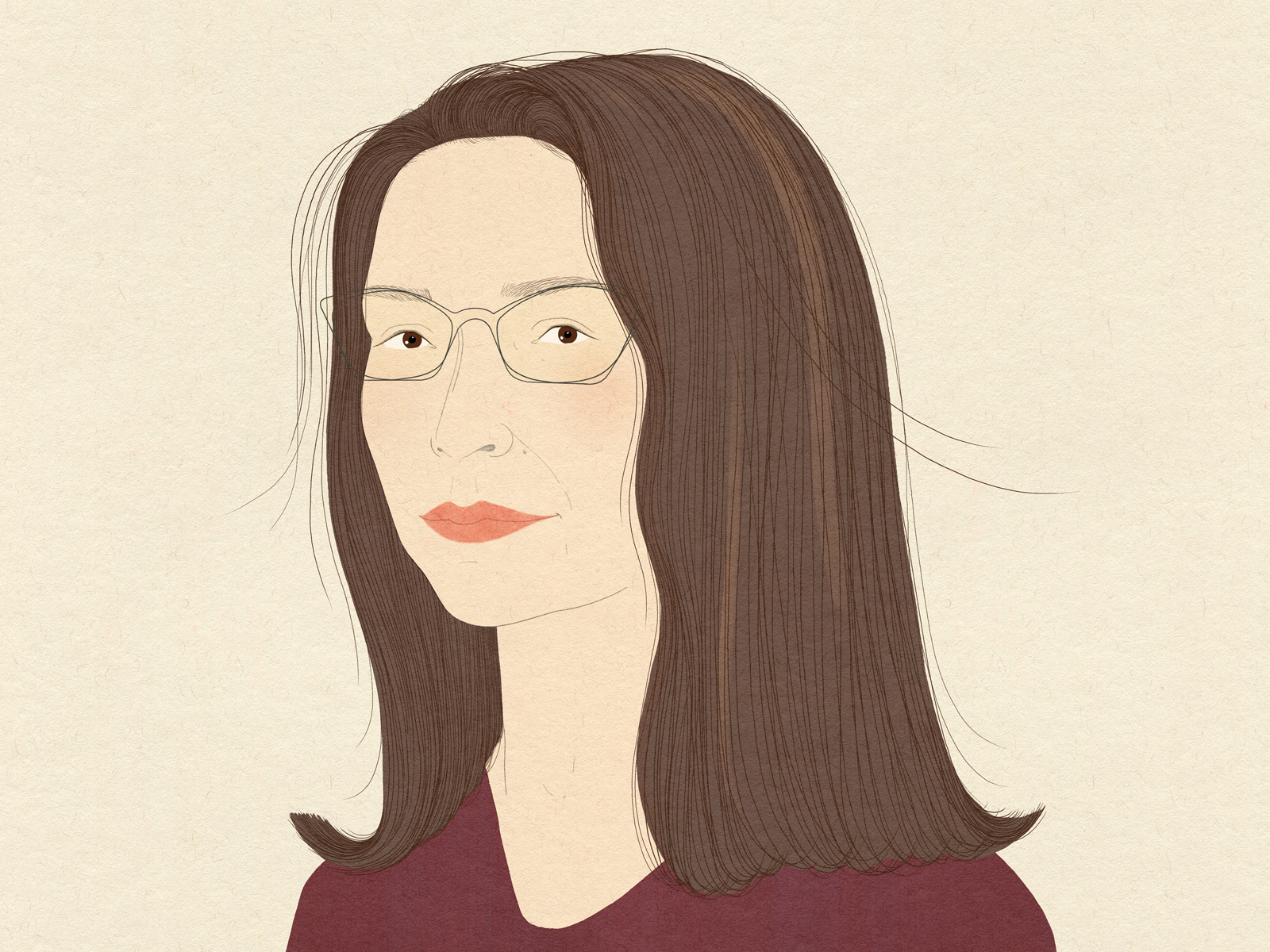
Between-States: Conversations About Bardo and Life
In Tibetan Buddhism, “bardo” is a between-state. The passage from death to rebirth is a bardo, as well as the journey from birth to death. The conversations in “Between-States” explore bardo concepts like acceptance, interconnectedness, and impermanence in relation to children and parents, marriage and friendship, and work and creativity, illuminating the possibilities for discovering new ways of seeing and finding lasting happiness as we travel through life.
***
In Lorrie Moore’s latest novel, I Am Homeless If This Is Not My Home (2023), a man (living) and a woman (dead) take a road trip to a body farm in Tennessee. It’s 2016, and Finn, a high school history teacher whose brother is dying in hospice, learns that his depressed ex-girlfriend, Lily, has committed suicide. He goes to the cemetery where she’s been buried and finds her waiting for him, and they set off for the body farm to donate her (rapidly decomposing) corpse to science. Their story unfolds in counterpoint to the story of Elizabeth, which takes place in the South after the Civil War. Elizabeth, the owner of a boarding house, writes about her relationship with a gentleman lodger, and about death and grief, in letters to her dead sister. Humorous, surprising, and deeply moving, Moore’s novel explores the between-spaces we navigate as we journey through life. It’s a ghost story, especially in the sense of the things that haunt us: fear of losing out on love, of failing to find meaning, of facing our own end.
Born in 1957 in Glens Falls, New York, Moore is one of America’s most acclaimed writers, described by Alison Lurie as “the nearest thing we have to Chekhov.” Her short story collections include Self-Help (1985), published when she was 28; the New York Times best seller Birds of America (1998); and Collected Stories (2020). I Am Homeless If This Is Not My Home is her fourth novel and has been nominated for the 2023 National Book Critics Circle Award. Her fiction and essays have appeared in the New Yorker, the Paris Review, and the New York Review of Books, and she is a member of the American Academy of Arts and Letters. After teaching creative writing for thirty years at the University of Wisconsin-Madison, she moved in 2013 to Vanderbilt University, where she is the Gertrude Conaway Vanderbilt Professor of English.
In the following interview, Moore and I discuss humor, love, and grief, as well as the conundrum of how to live—and die—in a world of impermanence. Toward the end of I Am Homeless If This Is Not My Home, Finn sheds light on this age-old existential question when he reflects on the loss of the life he had with Lily, a life that now seems to him “a swirl of smoke in a jar. He saw that no longer caring about a thing was key to both living and dying. So was caring about a thing.”
*
What was the seed of I Am Homeless If This Is Not My Home? No single seed, really. One walks around with a novel in one’s head for a long time. I had both parts of the novel going on in my imagination, and I was taking notes for both, noting that they had elements in common. I knew the novel would be somewhat intersecting stories about grief.
How did the story come to involve a road trip with a dead body? I was thinking of Faulkner’s As I Lay Dying, the road trip the family takes with Addie’s body so she can be buried in a different cemetery. I thought of traipsing around with a corpse in the car as a Southern thing, and I had just moved to the South. As in Faulkner’s novel, the corpse in my narrative, Lily, is directing the show from beyond the grave, looking for a more meaningful resting place. That journey, that search, is a kind of bardo.
Finn and Lily are in a bardo as they take the road trip to the body farm. And there are dreamlike, bardo-esque scenes, like when Finn and Lily arrive at an inn: “Wind roared stormily around the house, rushing into the window sashes, transforming them briefly into flutes. … A version of ‘Für Elise’ almost filled the air. Though it was probably ‘Turkey in the Straw.’ As if on cue two musicians came in the door. Their hands held the hourglass shapes of black guitar cases, as if they were carrying their own shadows.” Did you conceive of your novel as related to between-states? I was thinking of the interstitial spaces that memory and love create when someone dies. There’s a kind of psychological parlor that you remain in for a while until you are ready to accept the total absence of someone. So you become a little bit absent yourself, and there is a kind of hanging out with the loved one—which eventually fades.
Finn observes, “The in-between places where real life occurred weren’t detectable on [Lily’s] radar.” What are these in-between places that Lily can’t recognize? This refers to Lily’s inability to live life, real life. She is something of a black-and-white thinker, as depressives often are. They aren’t good at understanding or enduring suffering because their brains work a little differently from, say, Sonya in Uncle Vanya, whose final speech is an acceptance that life is a suffering trudge.
Lily tells Finn, “It hurts a little, the deadness coming back to life.” This suggests that now, in some way, she realizes she wasn’t living life fully while she was alive. Yes. It’s meant to be a physical sensation that she’s having. I was thinking of how when blood flows back into a sleeping limb it does so sometimes with a sting. Her body is a mix of life and death.
According to Tibetan belief, the dead often cling when they’re in bardo, unwilling to admit their old life is finished and struggling to return to it, even though that life no longer exists. Finn says to Lily, “I realize it’s over—but I can’t let go.” His car ride with her is an unwillingness to admit that she’s dead, that the life he had with her is over. Does he perhaps also feel it’s the right thing to do? Letting go—if you are allowed to, and it’s not wicked to do so—could be very freeing. But our task in life is pretty much not letting go of others and instead enduring them in whatever condition, as well as helping them.
The bardo teachings can help us accept the truth of our situation and move forward in the face of impermanence, of the inevitable endings we encounter in life. You lost your father during the pandemic—possibly of COVID—a bardo within the bardo of the pandemic. How did you make your way forward during that difficult period? Well, I wrote a story based somewhat on it. It’s called “Face Time,” and deals with the distanced dying and useless technological visiting we all had to endure during COVID. In the story, I was mostly working with the strange shock of something so primitive—a plague!—combined with modern technology that could not help us very much. No one could visit, so we watched on screens as loved ones died. A new, weird trauma.
That story is about a daughter who can only talk with her father on FaceTime after he’s hospitalized with COVID. When he jokes about something, she thinks, “Jokes! The very wattage of life.” And in your novel, Lily says, “Jokes are flotation devices on the great sea of sorrowful life. They are the exit signs in a very dark room.” You’re known for the humor in your writing. What role does humor play in helping us find meaning and hope? Humor gives us an experience of connection that perhaps is close to love. It is tension release and momentary transcendence. And a sense of someone knowing your secrets. What is funny is often also very close to madness, peering into the abyss of it. Finn and Lily know each other pretty well, and some of their remarks, though they sound like bad jokes, are intended less as comedy and more as a reminder of mental connection.
At the same time, you’ve said that you “consider the essence of your work to be sad.” Why do you feel that way? I always know when I’m writing a story that it is sad. Most short story writers are writing sad stories. Short fiction is a somewhat melancholy form. Perhaps the habit of compression does that, and then I bring it to the writing of my novels as well. Compression understands that life is short and experiences are fleeting.
Your novel is very much about the experience of love. Reflecting on his love for Lily, Finn thinks, “Everyone was always a little maddened by love because love was either hesitant or overpowering. It was never properly calibrated.” And, “Though the science perhaps was still out on love, he felt that every couple was absurd and brought out the absurdity in each other.” How do you feel about love? Romantic love is irresistible, but perhaps a distraction from better, less self-absorbed projects like combating famine and global warming, or working toward world peace.
Elizabeth, the owner of the boarding house, writes to her sister, “My secret to living right now—to go to bed every night with two things to do the next day that serve the world—needs an adjustment. I need to be adjacent to some divinity, to catch it a little without its being warranted.” What’s your secret to living right now? I have no idea. I would happily take any suggestions you might have.
Humor gives us an experience of connection that perhaps is close to love. It is tension release and momentary transcendence. And a sense of someone knowing your secrets.
Do you think it’s possible to feel the world is a good place and find lasting happiness? I would perhaps be very rich if I had the answer to this question. Or potentially rich. That is, I’m sure I could find a way to monetize that magical knowledge and then spend the profits wisely and charitably, of course. Although the world would be so good at that point, or at least appear to be good, that money might be obsolete.
Finn “believed time was a strange ocean through which we imagined we were swimming rather than understanding we were being randomly tossed.” In the Tibetan belief, we’re the artists of our lives, determining our trajectory in bardo with the choices we make. Do you agree with this idea, or do you think what happens is more random? If I am determining my trajectory, I haven’t done a very expert job. My life has been pretty random.
Your novel grapples with the question of what it means to live well, to be human and not succumb to being a kind of robot. Finn “continually [had] to verify online that he was not a robot. … Confirm your humanity, was the request.” In what ways do we confirm our humanity? I think we confirm it in good and bad ways. At least we confirm it to one another. We reveal our humanity all the time to one another. Confirming it to a computer is harder. Or at least more mechanical, as in you have to use the computer to prove you are not one.
Thinking about what it means to live our lives well, and the title of your novel, what does “home” signify for you? Home here is meant to be a relationship to life and living that not every character in the novel can bring about or has managed. It requires some strong sense of health and ease. These two things are difficult to manage and arguably are a form of privilege, psychological and societal, but they are probably key to feeling at home in the world.
Lily asks Finn, “Don’t you want a little maudlin quote [on your headstone] that sums up your life?” He replies, “Yeah. I want WELL, THAT WAS WEIRD.” What quote do you want on your headstone? I doubt I’ll have a headstone. Though one that says PEACE, Y’ALL could be imminent.

 JaneWalter
JaneWalter 









